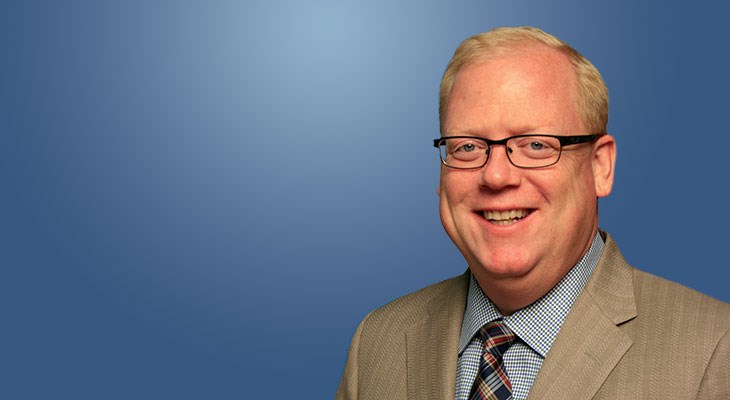Bob Grote has been CEO of Grote Co. for more than a decade, but even today he has to guard against deal fever.
“You’ve got to stick true to your strategy,” he says. “I’ve got to keep reminding myself that.”
Through its first 30 years, Grote Co., which manufactures food processing equipment, grew via internal development and R&D. However, Grote says, the company hit a plateau in its growth.
It needed to diversify the equipment and solutions it offered, so he looked outward. It was 2007, just before Grote took over leading the company that his uncle, Jim Grote, founded. The business acquired two companies, Advanced Food Technology and Vanmark, which ultimately helped it survive the recession.
“We were able to weather that a lot better because of the diversification,” Grote says. “It would have been fairly difficult under our old structure.”
Since then, Grote Co. has bought three more businesses. Some of those deals, however, produced challenges and lessons for the school of hard knocks. Grote discussed his experiences at the Smart Business Dealmakers Conference in September in Columbus.
Caught up in the hunt
In 2007, Grote Co. acquired a company in England. It was a perfect fit, and after working on the deal for a long time, it was easy to get caught up in it, Grote says. Then, just before close, he and an adviser on the deal realized they didn’t know who was going to run the new business. The previous president was retiring.
“We basically were hunting this antelope forever and ever and ever, and sneaking up on it,” he says. “I got up there to take the shot and, huh, I didn’t chamber a round.”
It’s important to spend time on your post-close business plan, Grote says.
“Because that’s where the rubber hits the road,” he says. “That’s where you’re successful, and what we’ve found is it doesn’t always go as you think it should be. But you can divert and change, and that’s where you turn it into a very successful business or not.”
Another lesson learned from that early deal is that timing matters, even if you don’t control it.
Grote says that, at the time, the exchange rate was unfavorable, so the company overpaid because it had to buy pounds two to one. On top of that, the market was set to crash, although he didn’t yet know it.
Grote Co. ended up closing the company because it couldn’t figure out how to make money in England. However, in the last two years, it has restarted the operation, so ultimately, the transaction was a positive one.
“The learning experience is, don’t give up on it, but keep your eyes open and pay attention,” Grote says.
You may not be as good as you think, and you won’t be able to wing it, he says. That’s why, since those dark, difficult days, Grote Co. works to be very disciplined in sticking to its strategy.
Don’t try to make it fit
Today, Grote looks at eight or 10 deals a year, and he usually doesn’t have to dig very deep before realizing something is not a good fit.
Grote Co. has determined it doesn’t want to buy companies to close them down or roll them into something else. This philosophy was solidified after, in 2011, it bought GME, a Boise, Idaho, manufacturer of industrial potato and produce processing equipment.
Grote says the intention was to roll it into another operation in Iowa, but they quickly realized that customers wanted a potato business to stay in Idaho.
“We had to rethink the strategy and that cost us, honestly, about three years,” he says. “Now, it’s a very profitable business. But, again, I have to keep reminding myself: Don’t go into something that is not where our strategy works.”
Grote has also learned to look closely at the target company’s products. He says it’s important to understand what you are acquiring and what you are taking on. The latest model that looks great may not yet be proven in the marketplace, so you’ll incur warranty cost as you go out and sell it.
Ultimately, when buying companies, don’t mess with your pro forma or ROI requirements to make the deal fit, Grote says.
“You’ll know if it fits, and be willing to walk away if you’re trying to make it fit,” he says.
That lesson hit home, again, just a few months ago. Grote Co. was targeting a European company, which would give the business a manufacturing facility on the main continent. But even after signing a letter of intent, the deal kept changing. Grote’s advisers, his CFO, and even his wife, told him to run. But he was committed to the deal and found himself explaining away the incongruities.
Two days before close, a request for a limit on the reps and warranties insurance was the final straw that led Grote to squash the deal and walk away — even though he had to swallow large legal fees.
Grote really wanted the deal, but he called it off after taking time to reflect.
“Yes, it’s my job to grow the company,” Grote says. “It’s my job to do that to make everything work out that we’re trying to do, but at the end of the day, you can’t throw it away. You can’t throw away the golden goose as you’re trying to grow the company.”




